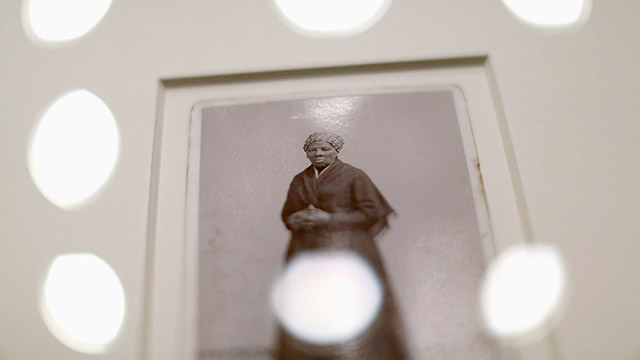As America grapples with a history of injustice that has persisted over generations and in light of the recent attention given to the Black Lives Matter movement, many Americans of all races are learning for the first time about the significance of Juneteenth for example, as well the Tulsa race massacre in the 1920s. In her own words, history professor Leslie Harris provides some background on why this is.
The decision to remove difficult race histories from K-12 curricula is rooted in the Reagan administration’s Lynne Cheney, former chair of the National Endowment for the Humanities.
Cheney and others feared that teaching students histories of slavery and of 20th-century white supremacist racial terrorism was “The End of History,” according to the title of her op-ed in the Wall Street Journal in 1994.
Cheney was responding to a set of National History Standards, put together by the National Center for History Education at UCLA. She thought the standards did not focus enough on Confederate General Robert E. Lee and focused too much on Harriet Tubman and on the Ku Klux Klan.
Cheney and others thought that we should only teach positive stories of U.S. history. This controversy occurred following nearly three decades in which professional historians had become increasingly attentive to race, racism and the role of African-Americans in U.S. history. A sharp divide emerged, still evident today, in how history is taught at the K-12 level vs. how it’s taught at colleges and universities.
Some call histories that include slavery, racism and African-Americans ‘revisionist history.’ It is revisionist: It brings in a broader array of events and people into U.S. history, making clear how they impacted our nation.


